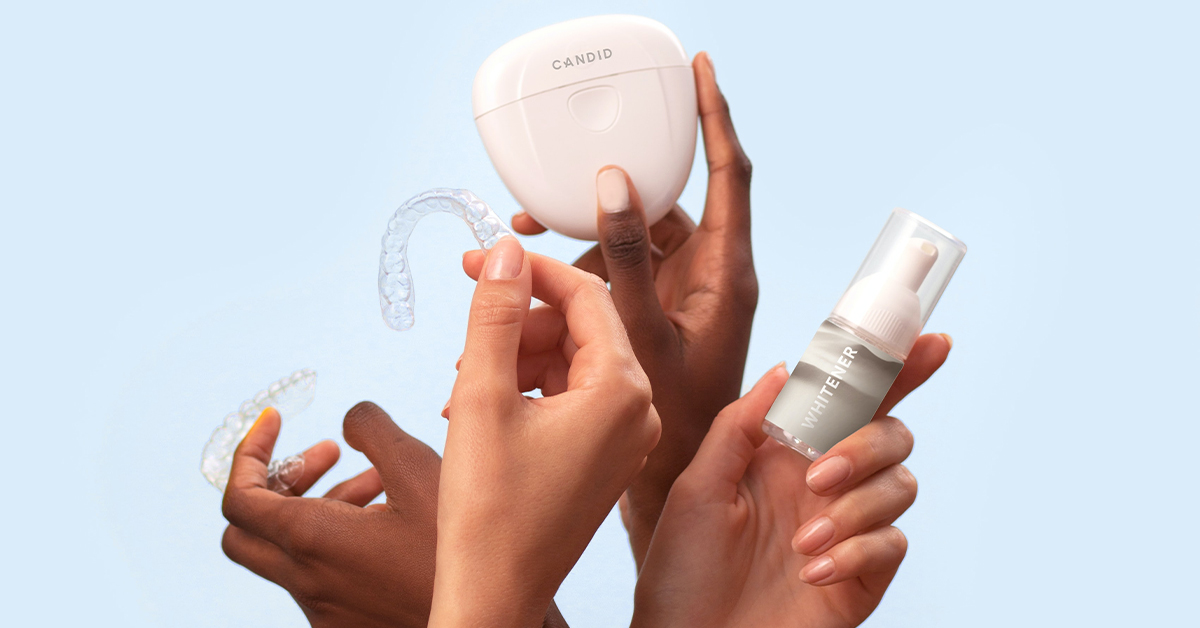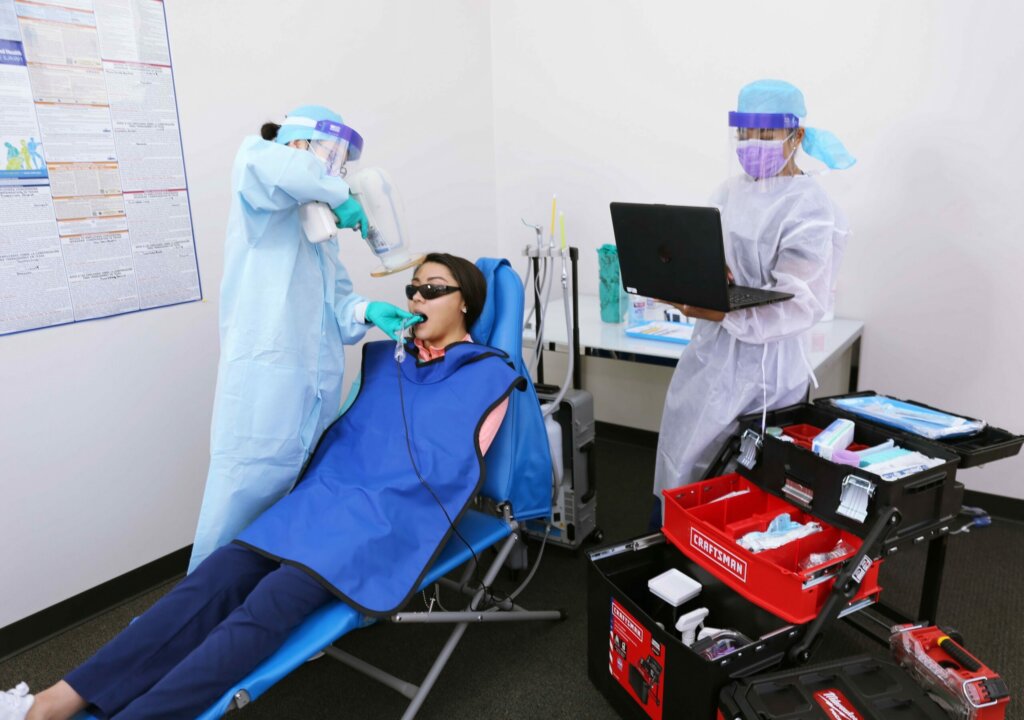
Good Oral Hygiene Is Still Important For Seniors
Maintaining good oral hygiene
As we age, maintaining good oral hygiene becomes increasingly important.

Not only can poor oral hygiene lead to tooth decay and gum disease, it can also increase the risk of other health problems such as heart disease and stroke. Here are some tips for older adults to maintain good oral hygiene:
- Brush twice a day: Brush your teeth twice a day with a fluoride toothpaste and a soft-bristled toothbrush. Brush for two minutes each time, making sure to reach all surfaces of your teeth.
- Floss daily: Flossing is an essential part of oral hygiene, as it removes plaque and food particles from between the teeth that a toothbrush cannot reach.
- Use an antiseptic mouthwash: Rinsing your mouth with an antiseptic mouthwash can help to kill bacteria and freshen your breath.
- Schedule regular dental check-ups: Regular dental check-ups are important for identifying and treating oral health problems before they become severe. It’s recommended to see the dentist at least twice a year.
- Watch your diet: Eating a diet high in sugar and refined carbohydrates can increase the risk of tooth decay. It’s important to limit sugary and acidic foods and drinks, and to eat a healthy diet rich in fruits, vegetables, and whole grains.
- Quit smoking: Smoking can cause a wide range of oral health problems, including gum disease and oral cancer. If you smoke, quitting is one of the most important things you can do to improve your oral health.
- Use dental products specifically designed for older adults: As we age, our mouths change and the products we use should adapt to those changes. Look for toothpaste, mouthwash and other dental products that are designed for older adults.
- Take care of any dental prosthetics: If you have dentures or other dental prosthetics, it’s important to clean them regularly and have them adjusted or repaired as needed.
- Be mindful of dry mouth: As we age, we may experience dry mouth which can lead to an increase in tooth decay and gum disease. Drinking water, avoiding alcohol and tobacco and certain medications can help.
- Communicate with your dentist: Keep your dentist informed of any changes in your health and any medications you are taking. This will help them to provide the best care possible.
By following these tips, older adults can help to maintain good oral hygiene and reduce their risk of oral health problems. Remember, your oral health is an important aspect of your overall health and well-being, and it’s never too late to start taking care of your teeth and gums.

